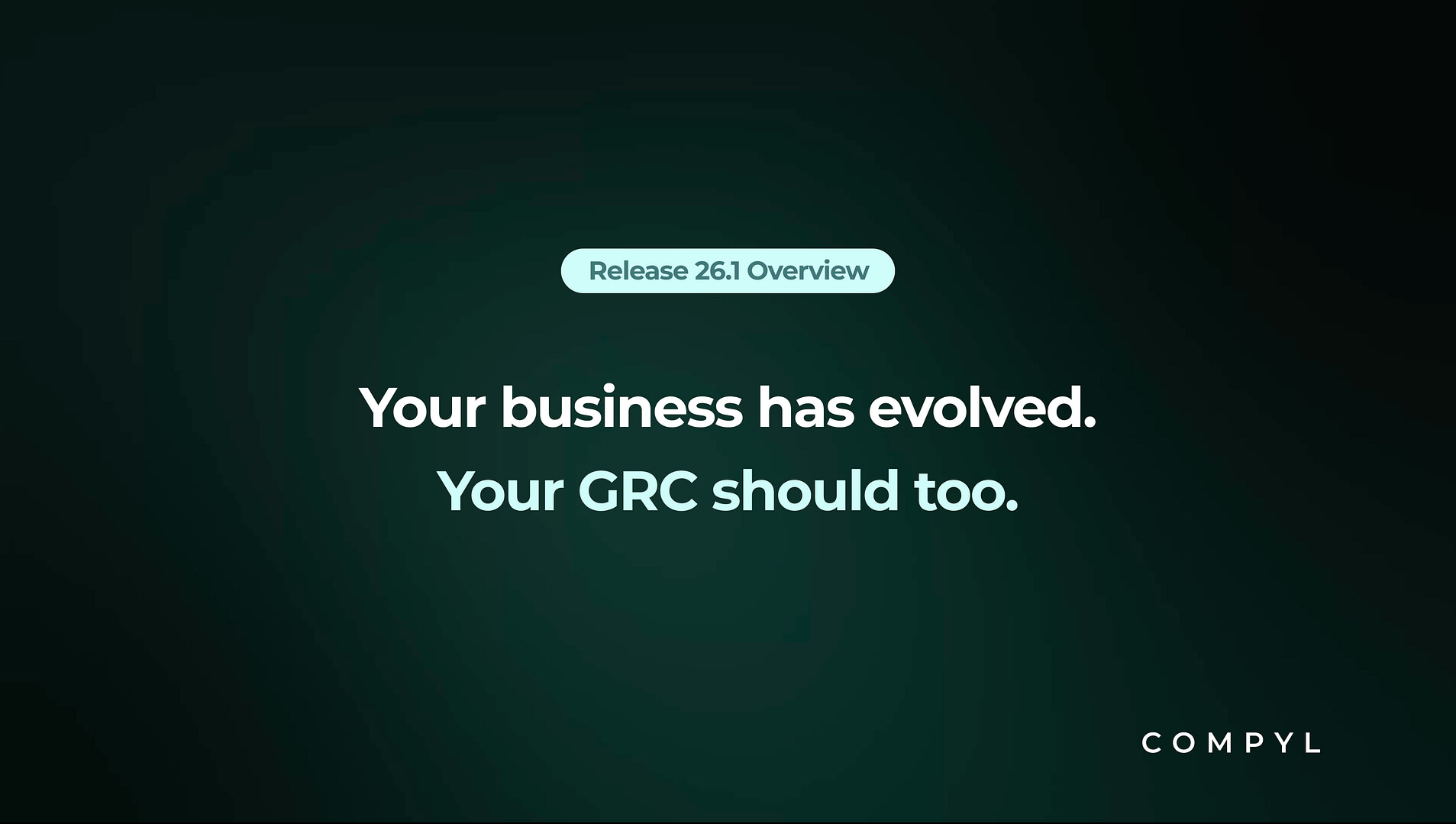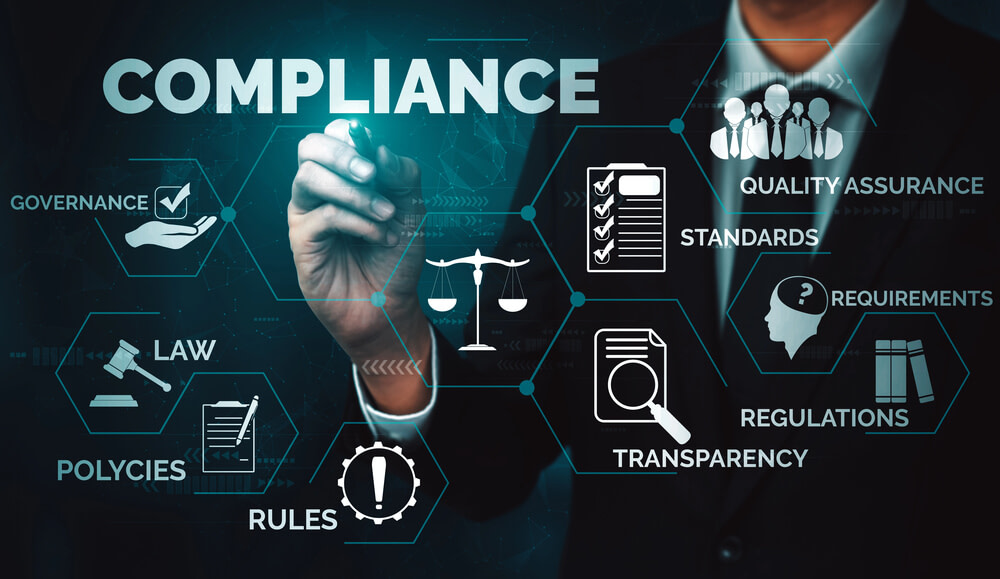If your business stores, processes, or transmits cardholder data, then you’re likely familiar with the standards set by PCI DSS. This framework is integral to securing cardholder data and making the digital ecosystem safer overall. But what is PCI compliance in healthcare, and how does it differ from PCI compliance for other industries?
Why PCI Compliance for Healthcare is Unique

PCI standards are fairly universal across industries, but the healthcare sector faces some unique challenges in implementing the framework. This largely stems from the need to balance PCI DSS requirements with other healthcare regulations––of which there are several.
Connecting PCI With HIPAA
PCI protects cardholder information. HIPAA safeguards protected health information (PHI). As you might expect, these standards intersect in various ways to support information privacy, but effectively integrating them is easier said than done.
For example, healthcare organizations that accept credit card payments must ensure that their payment systems are compliant with HIPAA, not just PCI. This multifaceted approach adds a layer of complexity not faced by many other industries.
Data Silos in IT Systems
Healthcare organizations use a variety of tools and systems to manage PHI and electronic health records (EHRs). Unfortunately, these systems can become siloed if not set up appropriately. This makes standardization incredibly challenging. In fragmented systems like these, protected information must be separately managed, complicating matters.
Managing Third-Party Service Providers

Third-party vendors play a key role in the healthcare sector, but they can also pose risks. External providers that are not carefully vetted and brought up to speed on PCI standards may inadvertently compromise your payment systems.
This isn’t as much of a problem in other industries, where businesses often have greater control over their payment processing systems and vendor relationships. As such, healthcare companies have to put in a lot more effort to maintain compliance with their third-party relationships.
Legacy Systems and Outdated Technology
Large hospitals and long-established healthcare institutions are notorious for using outdated payment systems. These typically lack the advanced security features required for PCI DSS compliance, including firewalls and encryption tools.
Failure to update legacy systems means having to find workarounds to common payment compliance challenges. Industries that are quicker to adapt to new and improved technologies don’t have to deal with these issues to the same extent.
What PCI Compliance in Healthcare Looks Like
The impacts of non-compliance in healthcare include everything from immediate monetary penalties to long-term reputational damage. To avoid these consequences, it’s important to look to businesses that are doing PCI compliance right and modeling your own efforts accordingly.
A Comprehensive Security Strategy That Integrates PCI and HIPAA
Integration with HIPAA is perhaps the most important element for achieving PCI compliance in healthcare. By weaving these frameworks together, businesses can get a more holistic overview of their compliance status and identify gaps in their systems.
The most successful healthcare organizations have unified risk management programs that address both credit card data and PHI. This helps reduce the risk of data breaches and ensures alignment between all standards.
Defined Roles and Responsibilities
Clearly-outlined roles and responsibilities is another sign that a healthcare company is PCI compliant. If staff seem to be running around like chickens with their heads cut off, it can be indicative of non-compliance.
Ideally, everyone should understand what PCI compliance in healthcare is and how they can help support it. A strong governance model typically includes a chief compliance officer (CCO) and a cross-functional team that includes IT and clinical representatives. Leaders should be willing to answer questions and address concerns as they arise.
Robust Payment Infrastructure
PCI DSS fines can easily run into the millions, but with a strong payment system in place, you can drastically reduce the risk of violations. Your payment tools should incorporate the highest security standards and encompass point-of-sale terminals to online payment portals.
Be sure to encrypt data at rest and in transit and use secure gateways to protect cardholder information. Don’t forget to update your payment systems on a regular basis, checking for any security patches.
Employee Training Programs

Even in highly-regulated fields like healthcare, understanding what PCI compliance in healthcare is––and getting onboard with it––takes time. Employees don’t necessarily join companies knowing exactly what it entails and how to achieve it. That’s why it’s important to provide training programs to help them understand PCI and the unique role they play in upholding security standards.
A Solid Incident Response Plan
In reality, it’s not a question of if, but when security issues arise. While a good compliance plan can help you avoid the vast majority of breaches, chances are you will still run into problems from time to time. When trouble occurs, it pays to have a good incident response plan in place. Businesses that successfully adhere to PCI standards continually test and rehearse their plans, making any necessary changes to improve their security posture.
Strong Vendor Management
Third-party vendors offer incredible value to healthcare organizations, but in order to achieve PCI compliance, they need to be on the same page in terms of security. PCI compliance hygiene requires rigorous vendor management practices that involve thorough due diligence. Refrain from doing business with anyone until you have verified the effectiveness of their security protocols.
It’s also a good idea to develop contracts that outline the vendor’s responsibility in maintaining compliance. That way, there’s never any confusion about who should be doing what. This promotes greater transparency and accountability across the board.
Market Reputation and Trust
Organizational trust is one of the core benefits of PCI DSS compliance. Word gets around fast in the healthcare industry, and if patients, vendors, and providers are avoiding a certain company, there’s probably a good reason for it. Conversely, if a business has a reputation for taking data privacy seriously, you can probably trust that they’ve got PCI compliance down.
What is PCI Compliance in Healthcare? Find Out With Compyl
It can be hard to visualize what PCI compliance in healthcare is without first developing your own organizational framework. However, by following the example of reputable companies, you can better understand the process. Compyl’s PCI framework makes it easy for organizations like yours to achieve PCI compliance, using end-to-end compliance tools like workflow automation and evidence gathering. Contact us today to see how we can help transform your compliance strategy.



